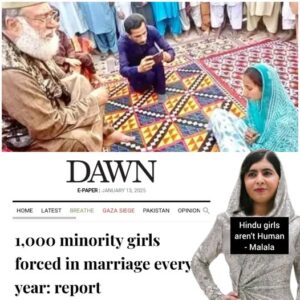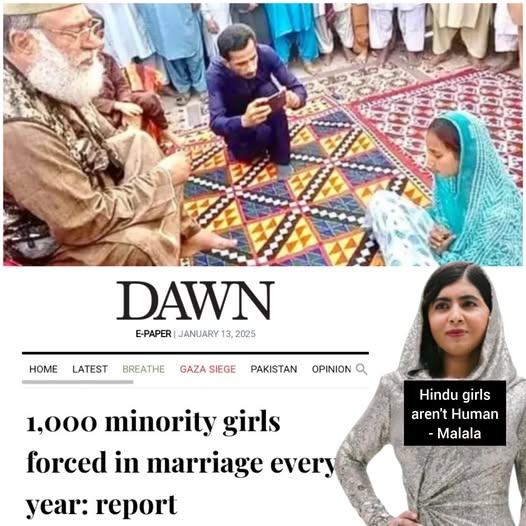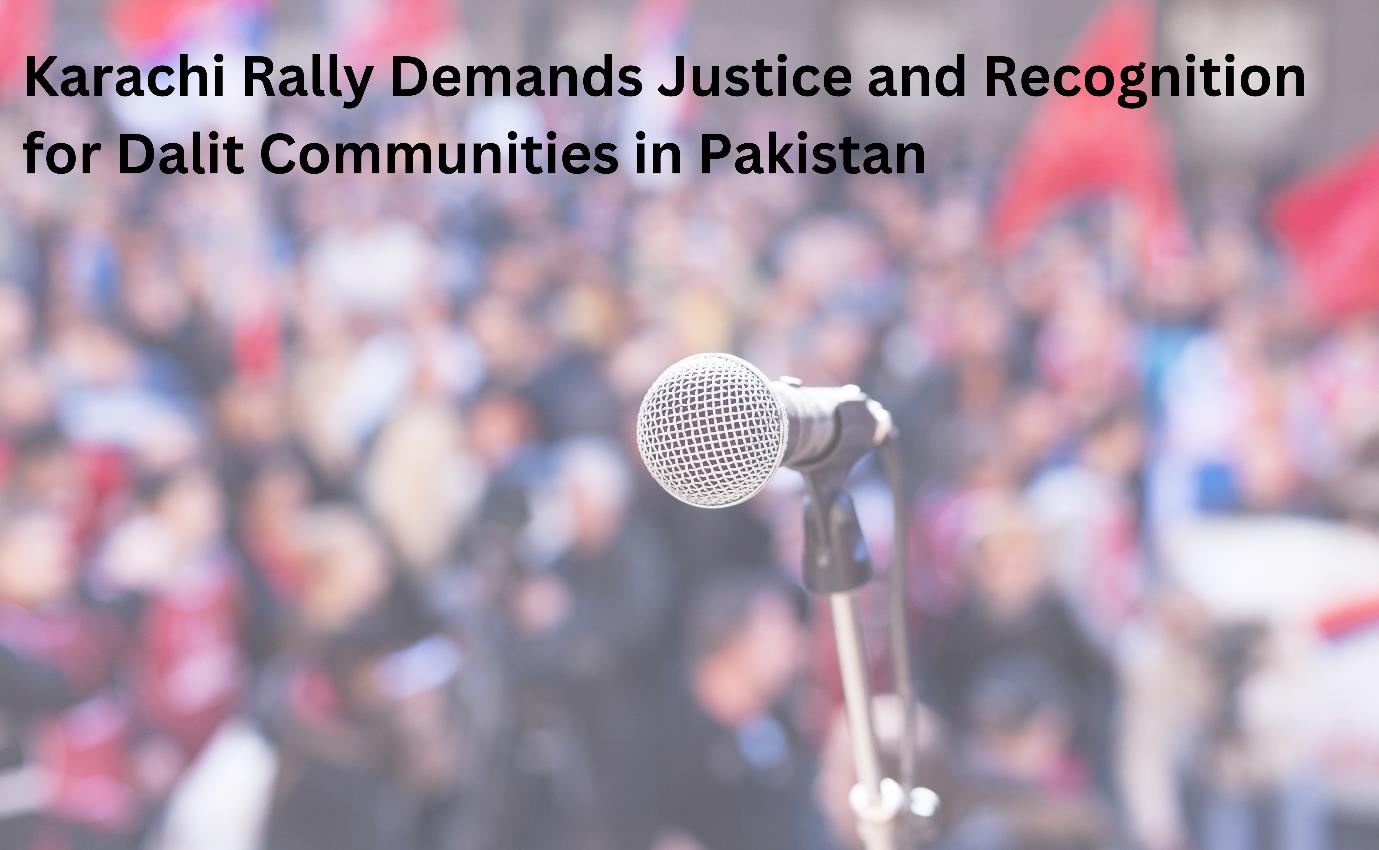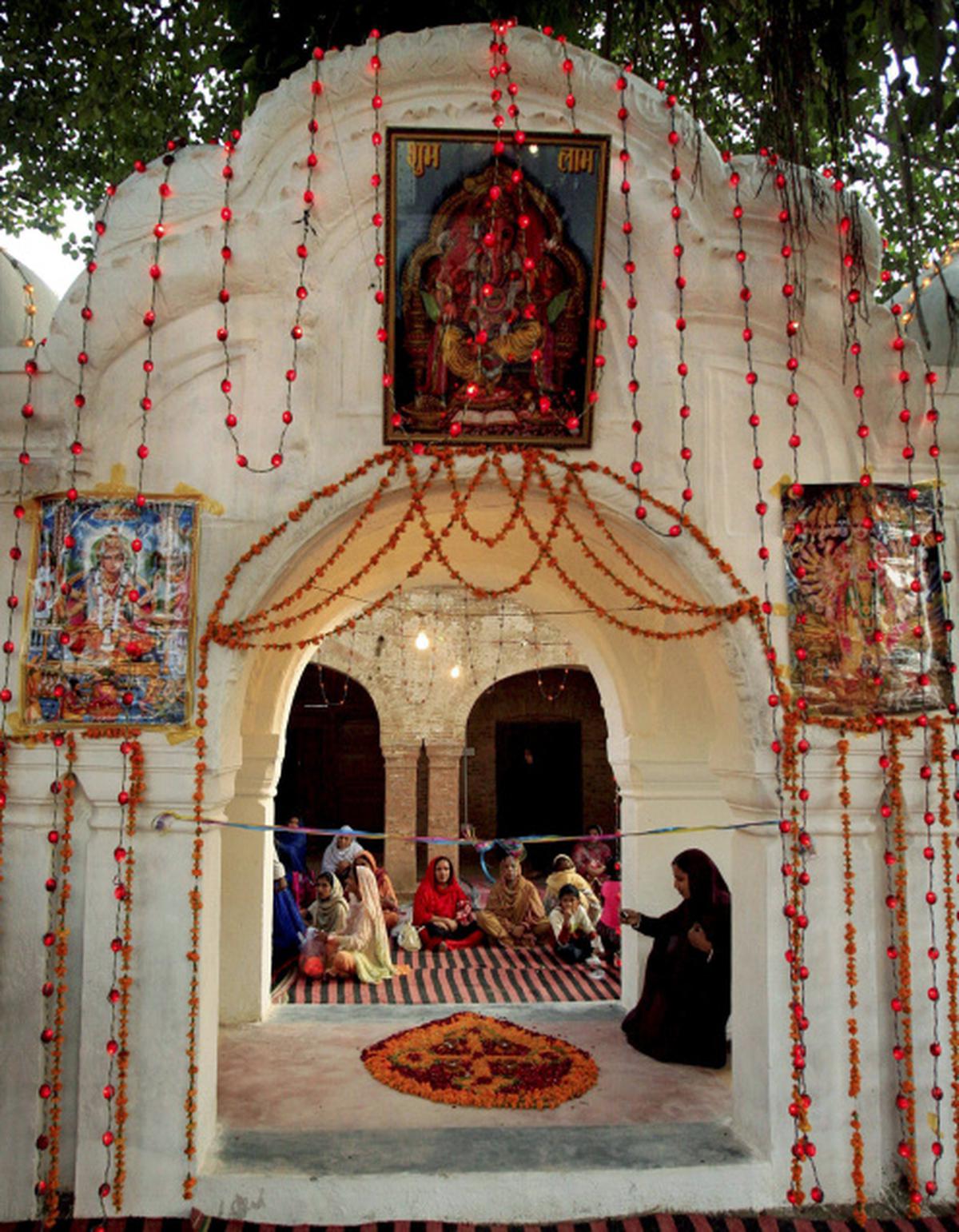Every year, approximately 1,000 minority girls in Pakistan are forcibly converted and married, a distressing reality that predominantly affects the Sindh region. This alarming trend highlights a grave human rights crisis that continues to be overlooked by global watchdogs and activists, including prominent figures like Malala Yousafzai. Despite her advocacy for education and rights for girls, the plight of these vulnerable children seems to be absent from her focus, raising questions about the visibility of this issue on the international stage.
A Hidden Crisis
In Pakistan, minority girls, especially from Hindu and Christian communities, face a precarious existence. Cultural and religious intolerance often leaves them exposed to abduction, forced conversion, and early marriage. These practices not only strip them of their rights but also subject them to a life of uncertainty and fear. The systemic discrimination against minority communities amplifies the risks faced by these young girls, making it essential to bring their stories to light.
The Silence of Activists
Despite the severity of this crisis, many self-proclaimed activists and organizations appear to turn a blind eye. This silence sends a troubling message: that the suffering of minority girls is not a priority. It is crucial for global leaders and human rights advocates to acknowledge and address this issue head-on. Ignoring the plight of these girls only perpetuates their suffering and allows the cycle of violence and oppression to continue unchecked.
A Call to Action
Pakistan remains unsafe for minor girls from minority communities, and it is imperative that we raise our voices against these injustices. We cannot permit this issue to remain in the shadows any longer. It is time for a collective outcry demanding justice and protection for these girls.Their stories deserve to be heard, and their rights must be upheld and defended. We must stand together in solidarity to ensure that no child is left to suffer in silence. By amplifying their voices and advocating for their rights, we can work towards a future where every girl, regardless of her background, is safe and free to pursue her dreams.
Conclusion
The tragic reality for minority girls in Pakistan is a crisis that requires immediate attention and action. Let us not allow their suffering to go unnoticed. It is our responsibility to advocate for their rights and create a world where all children can live with dignity, respect, and freedom. Together, we can make a difference and pave the way for a brighter future for these vulnerable girls.

For more updates and detailed coverage of this case and other issues affecting the Hindu and Sindhi communities in Sindh, Pakistan, stay tuned to Sindh Renaissance.






